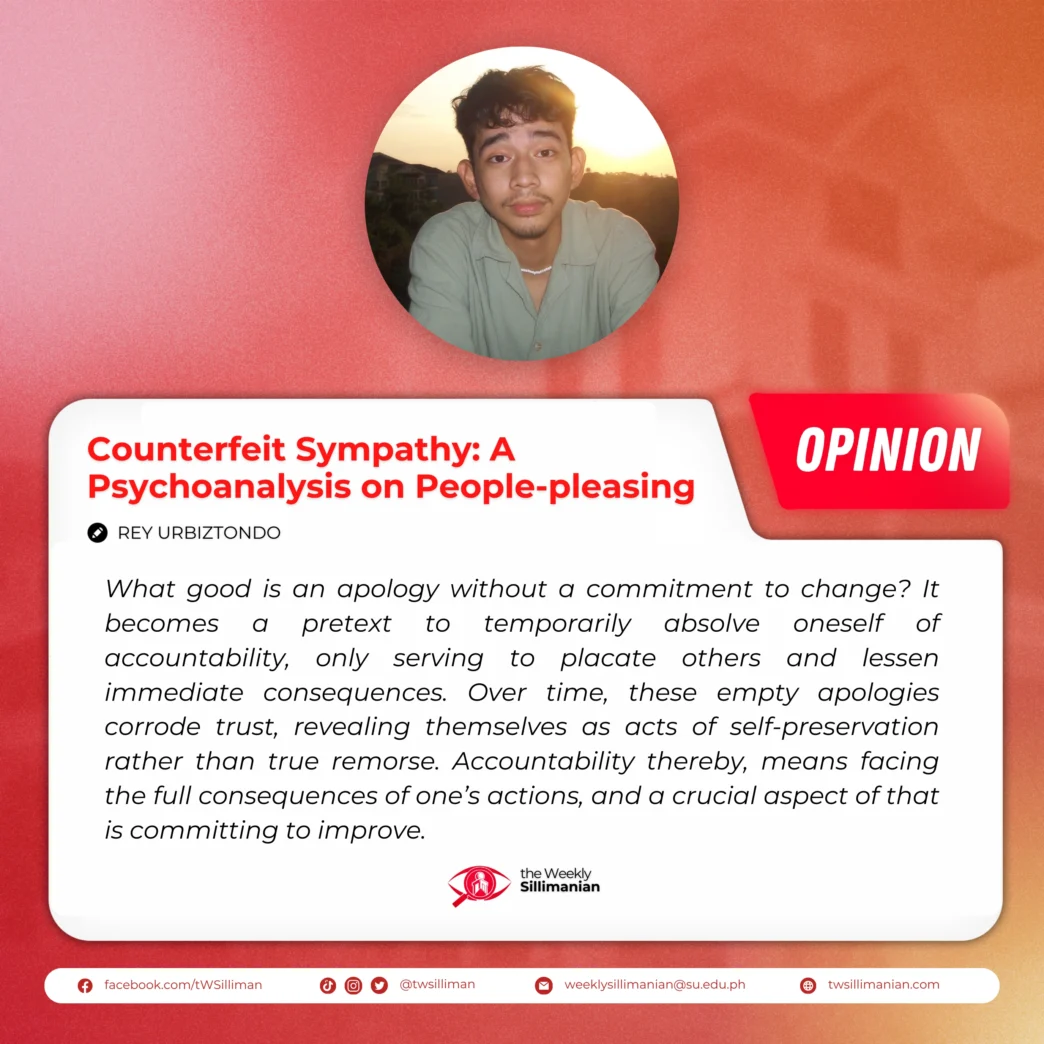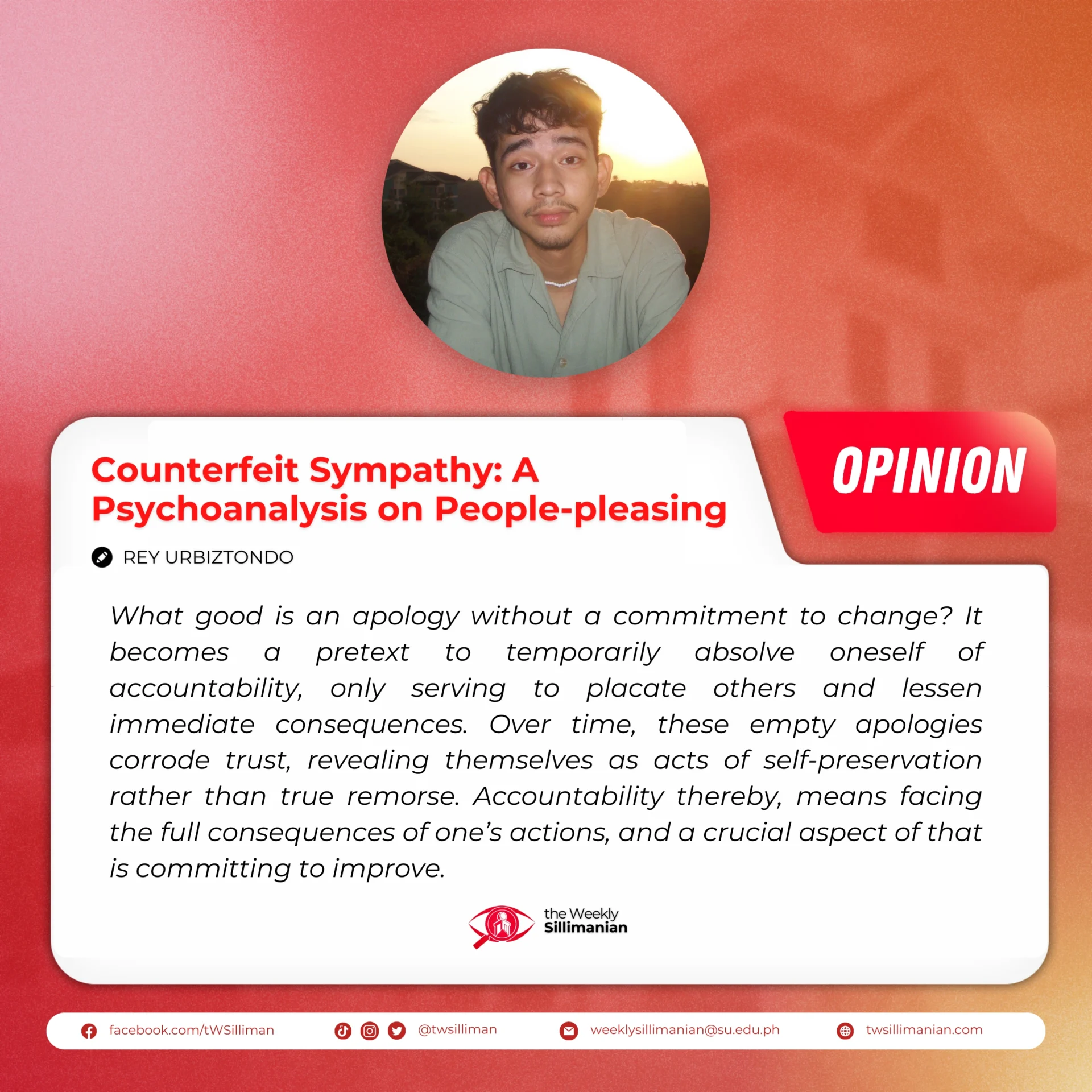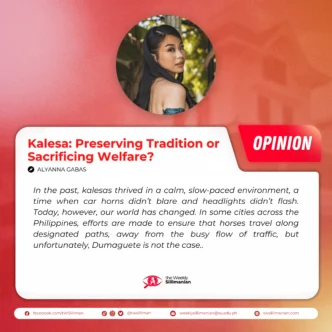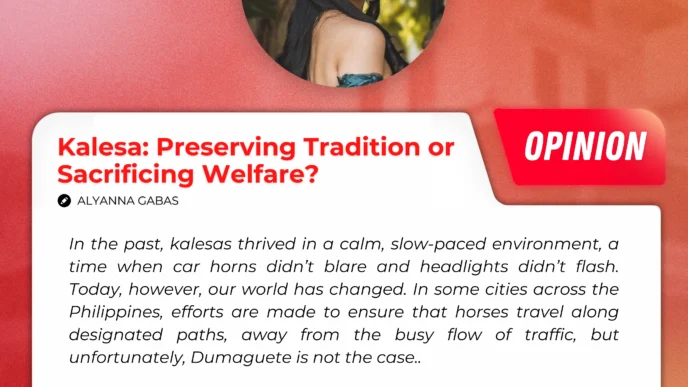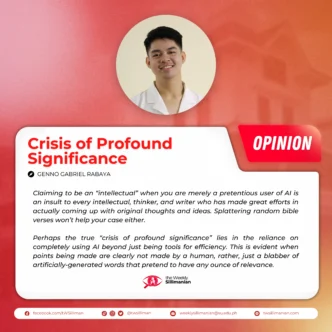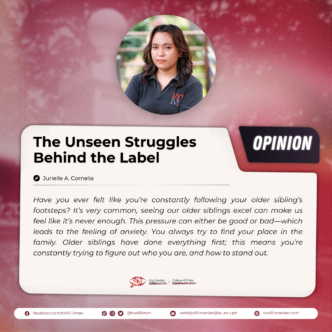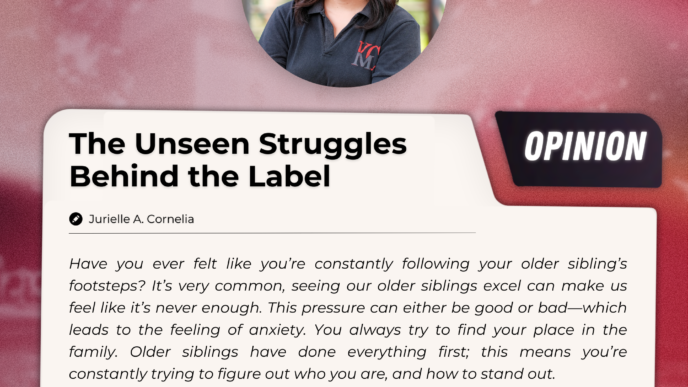by Rey Urbiztondo
Trust is a fickle thing, and affirming the dignity of those wronged requires much more than simple self-vindication.
For as long as I can remember, I’ve grappled with the act of apologizing. To me, it often feels like a betrayal of my integrity, a pathetic compromise when others won’t meet you halfway. Apologies can seem hypocritical, especially from those who know they’ll repeat their mistakes. It’s not about genuine change, but satisfying someone’s immediate emotional needs—counterfeit, much like the sympathy we often see.
When my grandparents passed, I kept the news to myself, dreading the flood of rehearsed pity. I wanted no part of the empty “I’m sorry for your loss” many say out of obligation, or the attention that would evaporate as quickly as it arrived.
Remorse and true sympathy are rare and unmistakable; they come from an honest place. Too often, however, they feel like mere gestures of duty, making it hard for me to trust either.
I’ve had my share of disagreements, and through them, I’ve come to understand the complexity of conflict. What stands out to me, especially among people-pleasers, is their tendency to say “sorry” almost immediately, even when they haven’t fully processed the situation or understood everyone’s sentiments. They’ll say “sorry” almost as if as a reflex—apologizing not out of true remorse but to avoid the discomfort and guilt of unresolved tension.
What good is an apology without a commitment to change? It becomes a pretext to temporarily absolve oneself of accountability, only serving to placate others and lessen immediate consequences. Over time, these empty apologies corrode trust, revealing themselves as acts of self-preservation rather than true remorse. Accountability thereby, means facing the full consequences of one’s actions, and a crucial aspect of that is committing to improve.
For people-pleasers, aversion to conflict perpetuates a cycle of shallow relationships and unresolved issues. They believe that by making everyone else happy, they can find peace. Yet, in doing so, they forsake the potential for growth that comes with accepting accountability, gradually undermining their sense of self and others’ trust in them. In this instance, ‘ignorance’ becomes a prison founded on the fear of rejection rather than ‘bliss.’ For people-pleasers, true peace does not come from continuously caving in; rather, it comes from accepting discomfort and establishing genuine connections.
While everyone copes and addresses situations differently, it’s important to recognize that one’s peace isn’t the only one that matters. A strong fear of rejection is frequently the driving force behind people-pleasers’ fixation on controlling other people’s emotions. However, even for them—and for anyone, really—there’s a chance that they could get so engrossed in their own emotional world that they fail to notice how their actions affect others. We lose sight of the whole picture when we are unduly preoccupied with shielding ourselves from discomfort, whether by avoiding accountability or using excuses as band-aid solutions.
Emotions are not solitary. Everyone carries their burdens, and only by acknowledging both our feelings and those of others can we show remorse and true sympathy.

